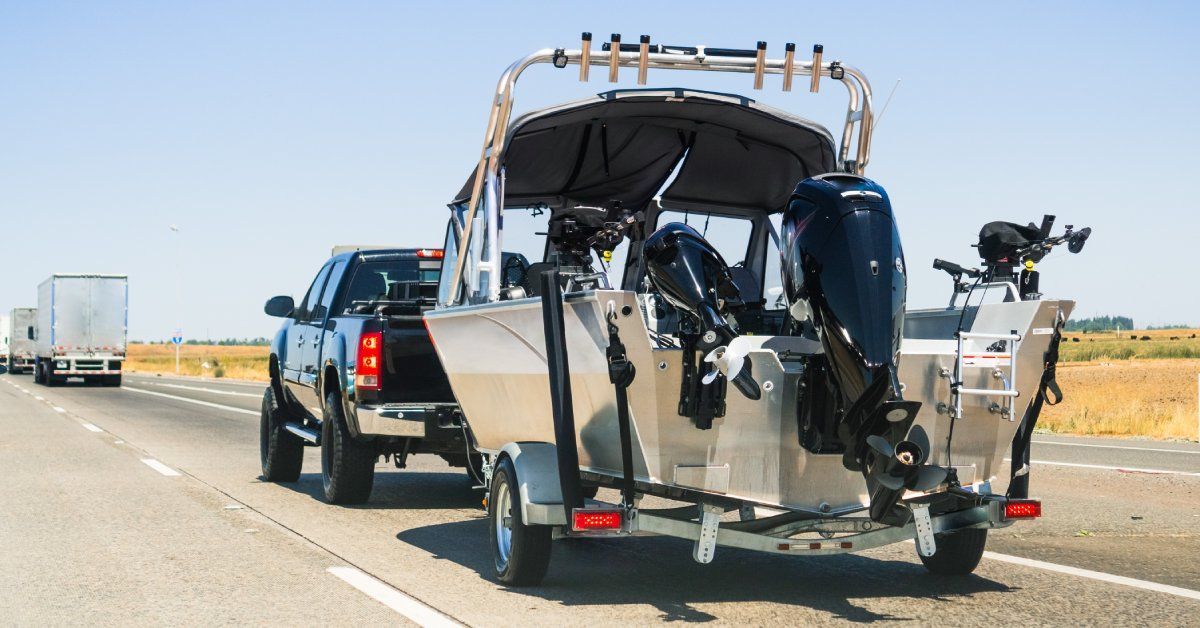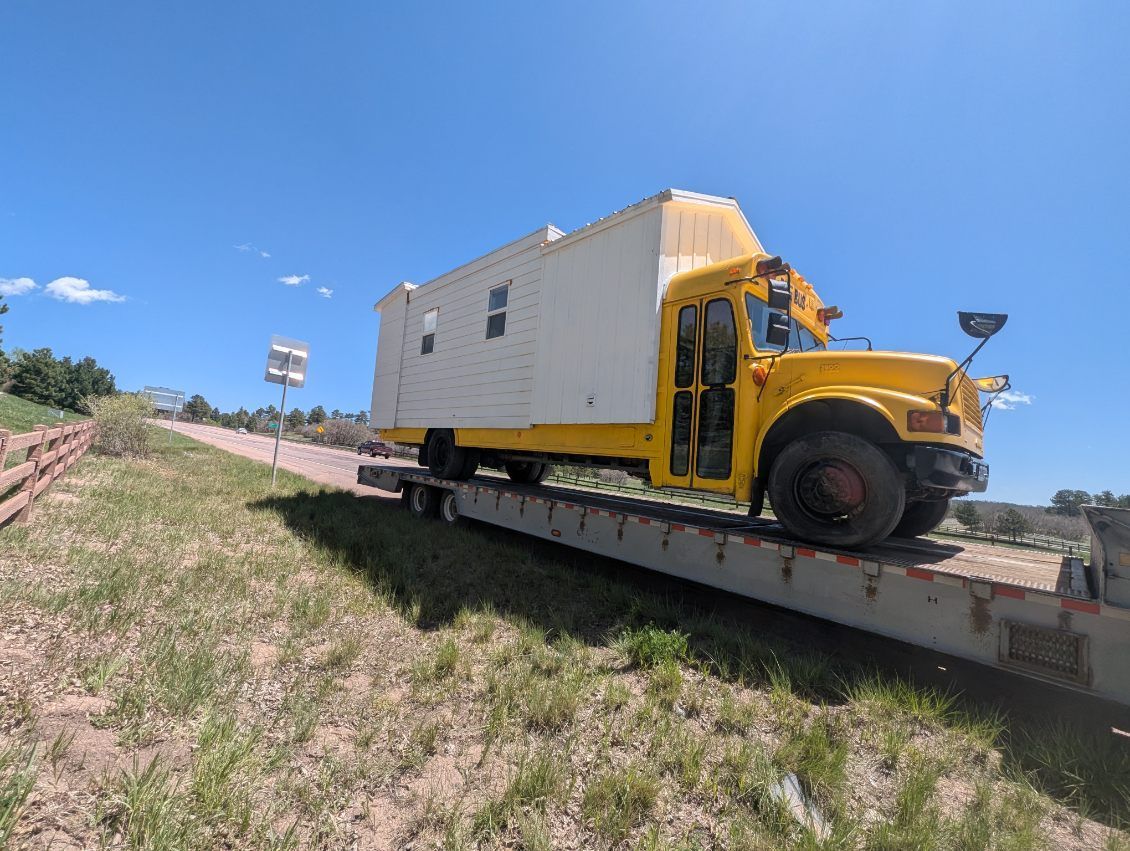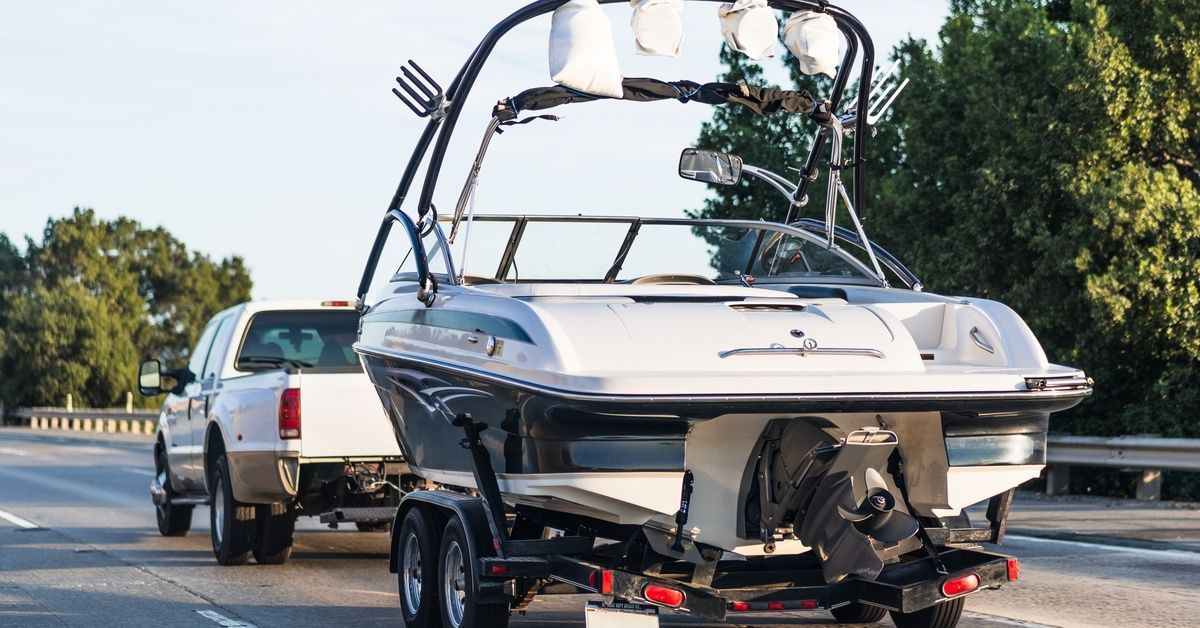How Cold Weather Can Affect Heavy Equipment Hauling Jobs
- By Tony Mers
- •
- 13 Feb, 2023
- •

It’s always a good idea to prepare for winter weather once the temperatures change. This statement applies to heavy equipment and the operators who work under these conditions. Here is a brief list of how cold weather can affect heavy equipment hauling jobs to keep you safe and secure while you’re working.
Keep an Eye on Your Traction
If there is one thing you should always be wary of, it’s losing traction in cold conditions. Black ice can happen anytime when you’re in an area with below-freezing temperatures. And with the weight of heavy equipment, the force generated behind the movements means your equipment is highly subject to slipping and sliding. So, be on the lookout for black ice and move slowly and carefully. Keeping this in mind is especially important for jobs that offer heavy equipment transportation services, so make sure to take note.
Parts Will Freeze, So Be Ready
We can almost guarantee that your equipment will freeze up at some point. Sometimes the engine will generate enough heat to warm the parts, eventually; other times, it can’t. There are also external parts where the engine’s heat cannot reach that might require thawing or chipping away at the ice if necessary. There are alternatives, such as lubricants, that you can use, but in most cases, you will need to let nature take its course. If frozen, parts can also break, so be aware of this for your safety and the safety of others.
Lights and Electrical Could Fail
There could also be an electrical issue that happens while you’re working. If you turn the engine off, your spark plugs might not get the charge they need from the battery. When it’s cold outside, energy leaks from batteries, and wires short out. The best thing to do is to leave your engine running for a little while to keep things warm and functional.
Now that you have a short description of how cold weather can affect heavy equipment hauling jobs, you have enough information needed to prepare for icy roads and other winter hazards. It’s good to be ready for potential road risks no matter the weather, but especially during the winter.

Hurricane Preparedness for RV Owners: A Guide to Staying Safe and Secure
When hurricane season rolls around, RV owners must be extra vigilant about preparing their vehicles for extreme weather. The combination of mobility and vulnerability makes RVs both a blessing and a curse during storms. While it’s tempting to stay in your RV, it’s important to take extra steps to ensure both your safety and the safety of your vehicle.
Whether you're a full-time RVer or just using your RV for weekend getaways, here's a comprehensive guide to help you prepare for hurricanes and stay safe during the storm.












